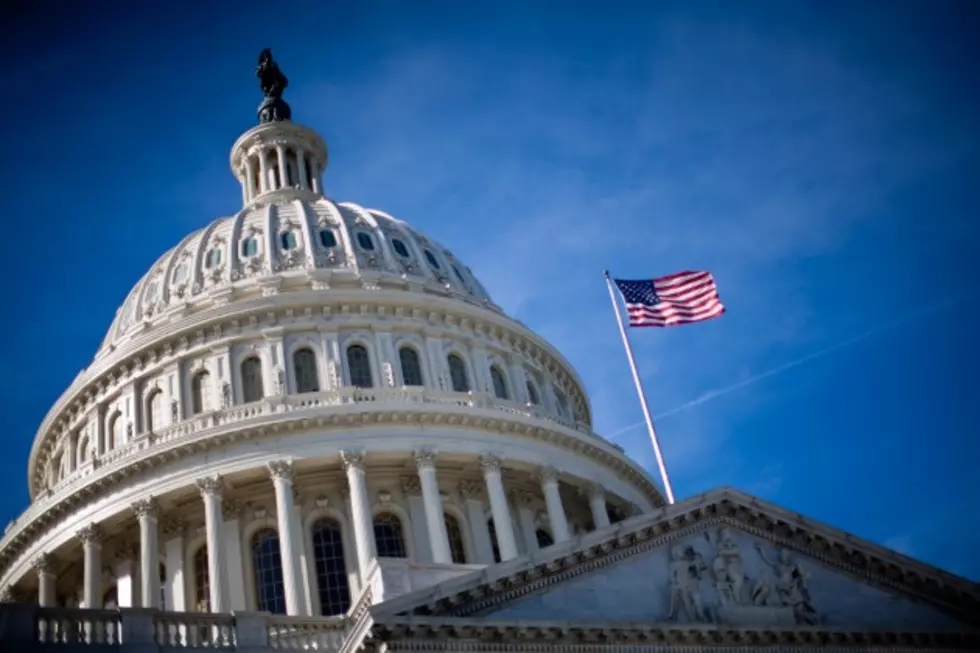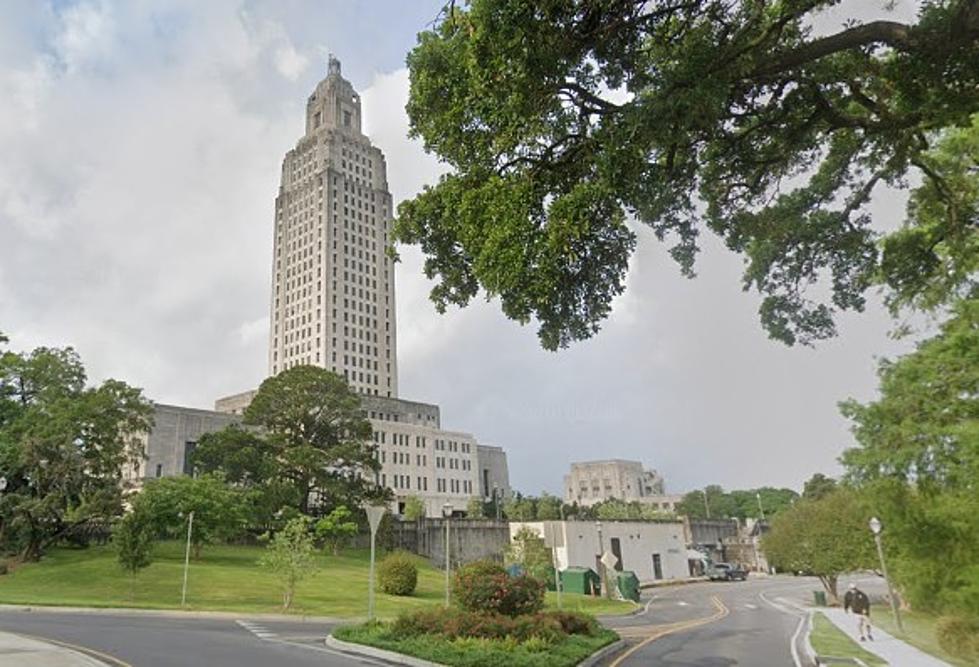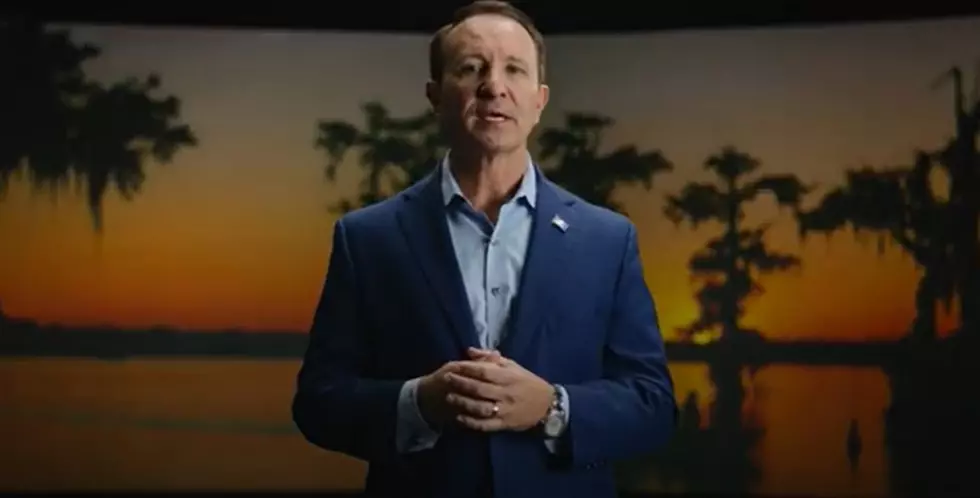
Senate Reaches Bipartisan Deal to End Gov’t Shutdown, Raise Debt Ceiling
It may have taken more than two weeks, but the government finally looks set to reopen. At least until early 2014, that is.
Senate Majority Leader Harry Reid (D., Nev.) and Minority Leader Mitch McConnell (R., Ky.) have crafted a bill together that would end the shutdown that began on October 1, funding the government through January 15, 2014. The bill raises the Treasury Department's borrowing limit, known as the debt ceiling, through February 7 and creates a bipartisan, bicameral budget committee tasked with coming to an agreement on the nation's finances by December 13. A minor provision regarding income verification for people applying for subsidies through the Affordable Care Act, commonly known as Obamacare, was included as well.
“This compromise we reached will provide our economy with the stability it desperately needs,” Reid said. “The country came to the brink of a disaster. But in the end, political adversaries set aside their differences and disagreement to prevent that disaster.”
"It's my hope that today, we can put some of those most-urgent issues behind us," McConnell added.
The bill will likely come to a vote first in the House of Representatives, a step which will speed the overall process along by a few days—which is of particular importance since the Treasury has announced that Thursday, October 17, is the date when the country will hit its borrowing limit. In the House, where Speaker John Boehner was unable to write a bill that could get 218 votes just from his Republican majority, the Reid-McConnell bill is expected to pass with mostly Democratic votes and some moderate Republicans. The vote could happen as early as Wednesday afternoon, after which the Senate would take it up immediately.
Once it is passed by both houses of Congress, President Obama is expected to sign it, thus ending a period of dysfunction that nearly drove the United States into its first-ever default. It also led to the furlough of 800,000 federal employees, who did not receive paychecks on October 15 and still do not know when they will be asked to return to work. (Certain departments, like the Defense Department, have already recalled some workers, but most remain on involuntary leave.)
For now, it appears that the twin crises of the shutdown and the debt ceiling have ended. If the bipartisan budget committee cannot reach an agreement on the country's long-term spending and revenue—which, judging by the past two weeks, is far from certain—then we may just end up going through all this all over again in 2014, when the government-funding and debt-limit deadlines come up.
[CNN, N.Y. Times, Politico, WSJ]
More From 97.3 The Dawg









